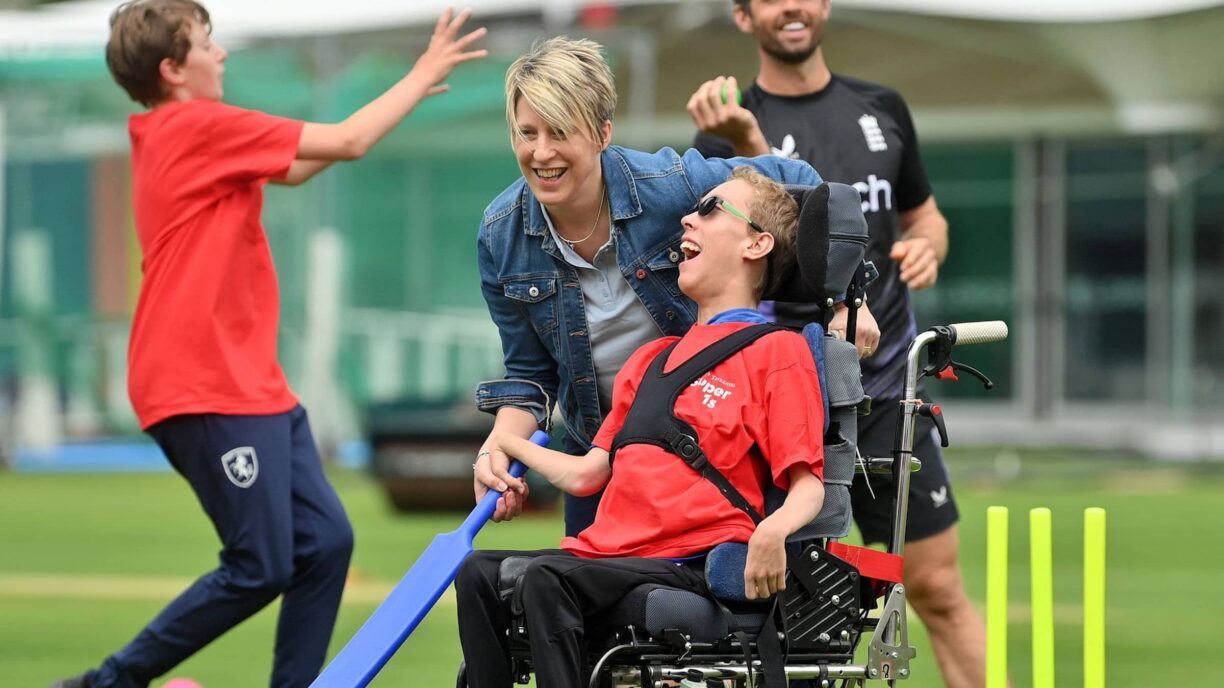For the first time, the sport will have a 10 year strategic hosting roadmap maximising certainty for member unions, commercial partners, broadcasters and fans, providing the opportunity to develop an integrated legacy that delivers meaningful and sustainable strategic participation and fan growth.
The announcement comes after it was confirmed that Japan 2019 was the most economically-impactful Rugby World Cup ever, generating £4.3 billion in economic activity and delivering record broadcast and fan-engagement outcomes, placing Japan firmly on the major event hosting map.
It also underscores World Rugby’s objective that its showcase men’s and women’s properties are a low-investment, high return-on-investment proposition for nations in the modern context of cost effectiveness, meaningful legacy and sustainability hosting imperatives.
Recognising the impact of COVID-19 a more compact timetable will operate than previous processes, while collaboration and partnership to develop bespoke bids that optimise strategic objectives for host nations and the global game will be at the heart of the three-phase model which will launch in February 2021 and culminate with the selection of the four hosts at World Rugby’s annual meeting of Council in May 2022 as follows:
- February 2021 – Dialogue Phase: An opportunity for open communication between World Rugby and unions, governments and other key stakeholders. This will allow potential hosts to understand the business and delivery model, how they will partner with World Rugby and ultimately build a compelling proposal.
- May 2021 – Candidate Phase: The formal process begins. Candidates will construct their proposals with World Rugby providing ongoing clarification and support to ensure the best-possible model. The phase culminates with candidates submitting Candidate files, hosting agreements and guarantees in January 2022.
- February 2022 – Evaluation Phase: Bids will be evaluated by relevant industry experts against the key criteria agreed by World Rugby Council. The evaluation report will be provided to Council for a vote in May 2022.
The long-term strategic approach will maximise knowledge transfer, preparation time and commercial opportunities for the hosts and World Rugby, while delivering sporting and financial certainty for national unions. Importantly, the process also supports the key objectives of the 2017-25 Women in Rugby Plan, designed to accelerate the global development of women’s rugby.
To assist unions with the process, World Rugby is developing a comprehensive report on the impact of hosting the showcase events, which will provide guidance on how to maximise participation, social, sustainability, commercial, economic, trade and diplomacy opportunities as well as the significant positive exposure opportunity delivered by rugby’s major events.
The extensive host selection process will comprise aligned criteria, milestones and evaluation with further details being announced in due course.
The announcement follows the World Rugby Council’s approval in October 2019 of joint nation bids and awarding two tournaments at the same time to maximise strategic opportunities within a growing sport. It also recognises the key outcomes from the RWC 2023 host selection review process announced in May 2018.
World Rugby Chairman Sir Bill Beaumont said: “The global COVID-19 pandemic, while incredibly challenging, has provided the opportunity to press the reset button and examine how we can do things differently and better.
“This ground-breaking dual awarding process reflects our vision to further align the selection process of our men’s and women’s Rugby World Cups, providing longer-term certainty in terms of preparation and partnership with World Rugby for future hosts, maximising legacy, sustainability and engagement outcomes.
“This is also a process that recognises the need to adapt following the COVID-19 pandemic and provide a stronger partnership with interested nations in developing their hosting models. This process, combined with the announcement that Japan 2019 delivered a record £4.3 billion total economic impact for the host nation, will help maximise hosting interest for our top men’s and women’s 15s tournaments.”
The last men’s Rugby World Cup in 2019 attracting the biggest-ever domestic broadcast audience for a rugby match of more than 54 million and a participation boost of over 750,000, while a recent Nielsen study confirmed it delivered a significant boost to national pride.
Above all, it was a special event that united a nation through rugby, friendship and celebration, delivering record social, economic and sporting benefits. Rugby World Cup 2023 is being hosted by France and preparations are on track for a spectacular event for teams and fans.
The last women’s Rugby World Cup in Ireland in 2017 also smashed previous attendance, broadcast and social media engagement records. The 2021 edition in New Zealand promises to raise the bar.





